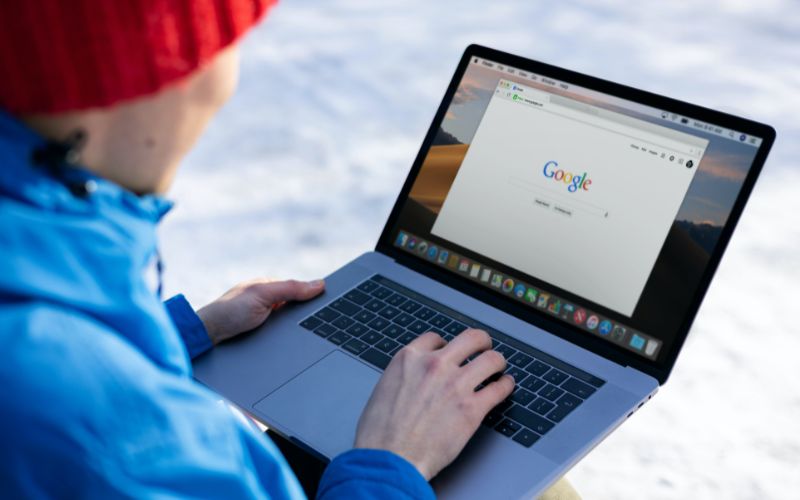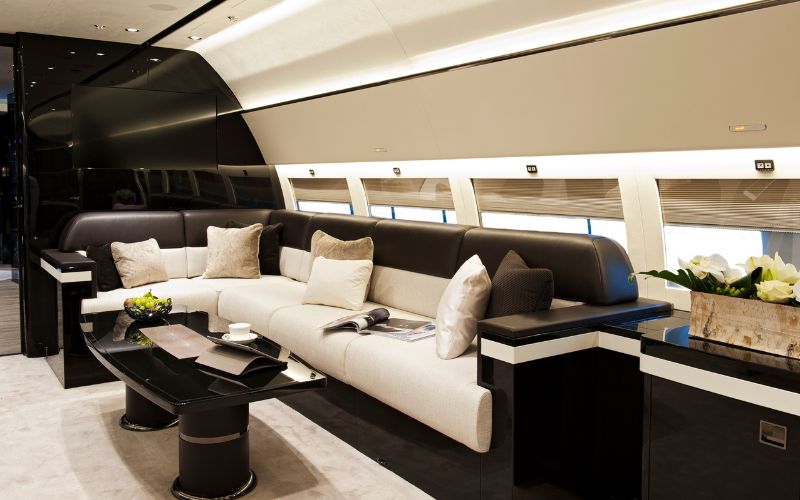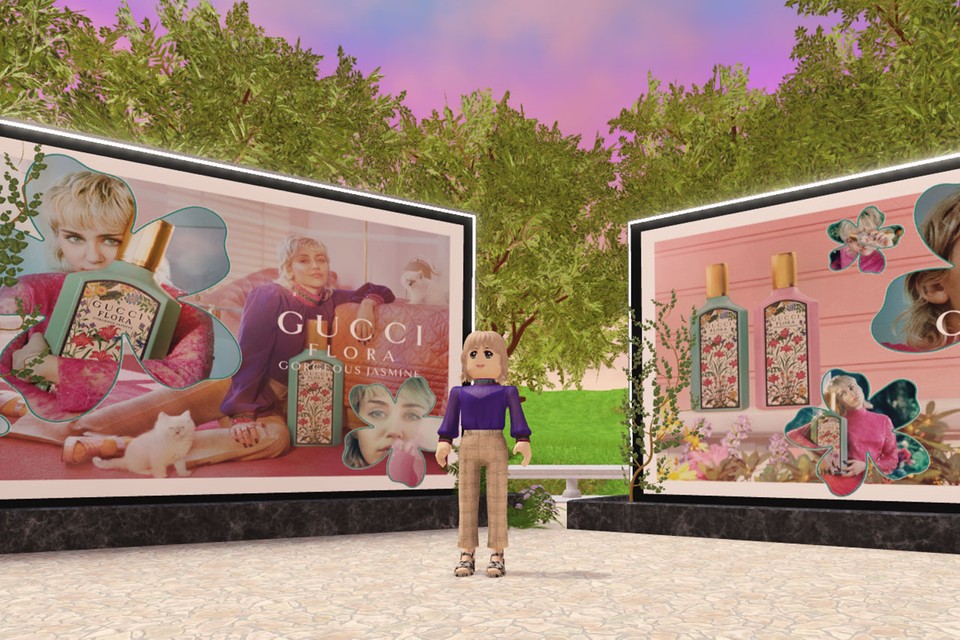Rules Of Engagement
How brands adapt to consumers’ ever-growing desire for an authentic connection will shape digital trends in the luxury sector over the coming year. Sarah Keeble reports
The past 12 months were a year of adaptation and acclimatisation for everyone. Post covid saw the emergence of new consumer behaviours and trends, much of them steeped in digital brand engagement. As such, we were introduced to the phenomenon of NFTs while TikTok was the channel on everyone’s agendas. As these trends have become embedded in our lives, they have become the new normal.
Digital trends for the year ahead, however, will be shaped by the global challenges wrought by recession. Looking ahead to 2023, we are predicting deeper digital engagement and a stronger call for authenticity. Below we have highlighted our top five digital trends for 2023.
The Online Search Evolution
Search has long played a key role in the consumer journey but our analysis shows that behaviour is changing and becoming more refined.
When looking at the data surrounding how the global HNW consumer discovers brands, we can see an overall year-on-year decline in the use of search engines: in 2020, 36% of HNWs said they used search engines to discover brands, whereas in 2022 this figure is 32%. Our research suggests that HNW consumers are using a wider range of marketing channels to discover brands than they have ever done before.
However, the use of search engines is increasing at the point where consumers are further down their purchase journey and are more ready to buy. In 2022, 52.4% of HNW use search engines to research products and brands. Although marginal, these trends show how the consumer is beginning to mature in how they use digital channels and at which stage of their purchase journey. We believe this trend will continue.

Honest Information From Real People
Authenticity was a breakout theme this year that will continue to gather momentum in 2023. The trend is driven by consumers seeking deeper human connection and engagement. In order to do this, brands need to remain true to their values, mission and messaging.
Over the coming year, businesses will focus a great deal of effort into channelling authenticity across digital platforms and having a firm hold on the brand persona and higher purpose. This is an increasing challenge for luxury brands under pressure to create new formats in response to the demand for more human connection and, ultimately, content.
As a result, we expect brands to showcase a more emotive side to their business in 2023, leveraging channels such as TikTok and BeReal to communicate in a more human manner and appeal to the younger generations who are more comfortable with methods of mass communication.
Exclusive Luxury
The concept of exclusivity became ever more important as a luxury theme in 2022 and we anticipate it becoming even more crucial in 2023. Exclusivity in this context is less about who can buy luxury and more about how; access is the key point to consider here.
As curating a community becomes the most valuable asset for brands, we expect there to be higher emphasis on membership models, loyalty programs and VIP strategies. We have started to see brands begin to leverage this from a digital standpoint with the growing world of Web3, with select brand NFT ownership forming a community of brand VIPs, where the perks are to gain first access to new product lines or events. We’re excited to see more of this come to fruition in the year ahead.
Virtual Partnerships
Virtual Reality (VR) has been around for a long time but in recent years, there has been a huge investment in its development, leading to the surge in VR and Augmented Reality (AR) experiences provided by brands, allowing them to become even more connected with their customers.

Large social media companies such as Meta have made it clear they will be investing more in this technology in 2023. We expect to see more brands get involved, capitalising on their immersive qualities to build memorable and engaging experiences for customers.
Real-estate brands and private-jet and yacht brokers are starting to use VR to showcase their listings and fleet virtually as a digitally curated environment, offering virtual tours that result in enhanced emotional engagement.
We expect to start seeing brands taking this a step further and add a new dimension to the customer experience, for example through virtual brand partnerships. For example, a private fashion sale might be held in a luxury penthouse that is also for sale, thus showcasing the property while also creating a memorable experience for the prospective buyers.
Metaverse Advertising
As more of us enter the metaverse, whether through gaming or otherwise, the concept of identity is becoming limitless. Individuals can curate a digital version of who they are and brands must appeal to this new individual’s values and needs as much as they would in the physical world.
We are also beginning to see more brands buying up advertising space in digital realms. Largely this is happening in gaming with the likes of banners, clothing sponsorship and unique digital products. With Gen Z soon to make up 25% of luxury consumers, we see these opportunities expanding in the year ahead. The possibilities are endless.

Sarah Keeble is new business director and luxury strategist at Verb Brands. For further insight into 2022 and what it means for 2023, take a look at the Verb Brands State of Luxe 2022 report here.
Continue reading Fox Quarterly…
The Next Twelve Months On A Plate
The Top Five Luxury Wellness Trends For 2023

